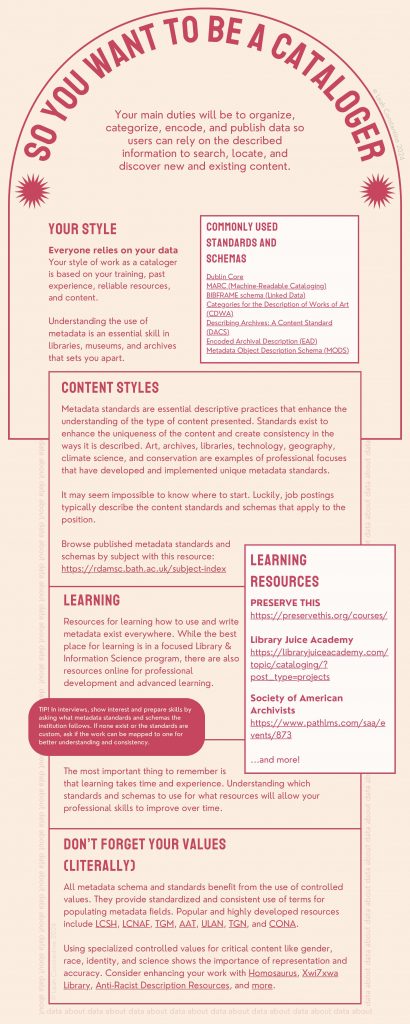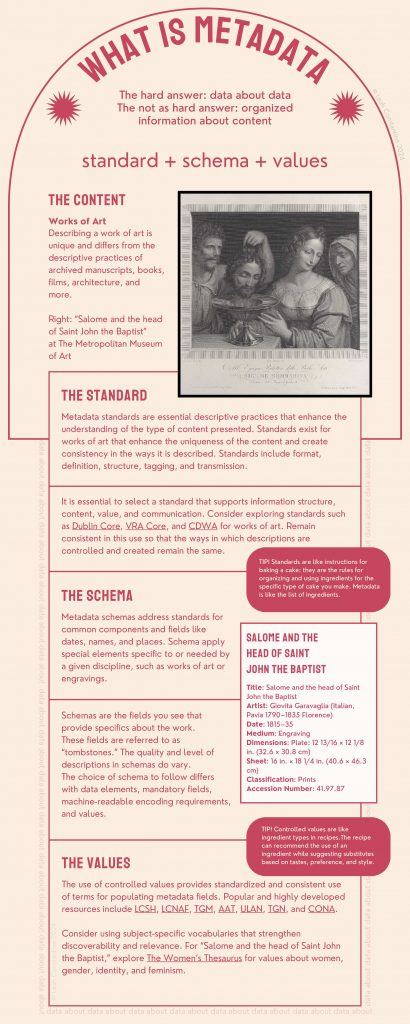As Archives Senior Manager at Lincoln Center for the Performing Arts (LCPA) Archive, I’ve seen the enhancements that tasks from reference and research have on every aspect of archives, from writing finding aids, labeling boxes, and deciding processing levels. It is one of the most fundamental aspects of a proven functional archive that puts the organization to the test. To put the work of reference and research at the heart of our archive, I have enforced workflows that link this activity to the resource record in our ArchivesSpace instance.
I knew the topic of reference was missing from public discussion as an attendee of most small and large conferences. I was happy to co-present on this topic with LCPA’s Reference Archivist and tie this to the importance of staff stability and public trust.
ArchivesSpace Member Forum Presentation
Presented on March 27, 2025
The LCPA archive team has implemented workflows to build institutional knowledge into the collection catalog and system. Our goal is to enhance material use and support the transmission of knowledge from one generation of archivists to another using ArchivesSpace’s features for managing controlled values and creating events in parallel with a project management and document storage system. Reference Archivist Amelia Bathke and Archives Senior Manager Leah Constantine co-present the workflow following reference and research requests and explain how ArchivesSpace event creation maximizes access to archival collections.


